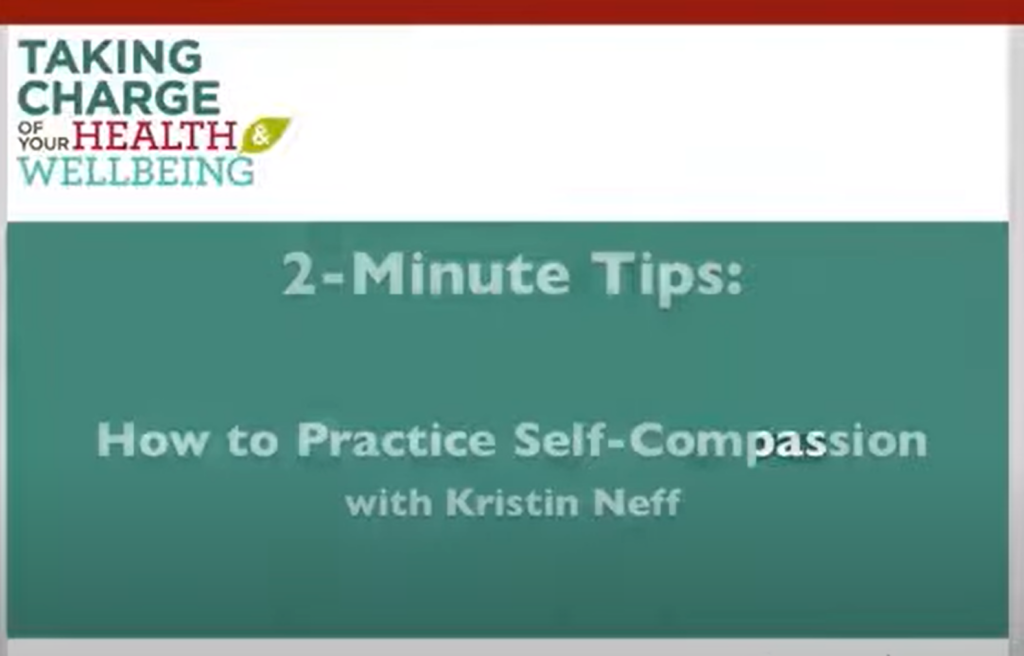In a conversation about PTSD, my colleague, Pat Ogden, PhD told me that many of her clients struggling with PTSD also had insecure attachments. Often, these clients were veterans whose insecure attachments predisposed them to develop PTSD after combat.
This conversation got me wondering whether there were other predictors of PTSD aside from insecure attachment.
And, according to a study published in the Journal of Traumatic Stress in 2015, there is.
Regina Hiraoka, PhD, a researcher at the U.S. Department of Veterans Affairs, conducted a prospective study with her team to look at how self-compassion relates to the severity of PTSD symptoms.
In the study, 115 ex-combat veterans who had served in Iraq or Afghanistan completed three tests measuring PTSD symptom severity, combat exposure, and their level of self-compassion. PTSD symptoms were determined from the Clinician-Administered PTSD Scale for DSM-IV (CAPS). This exam is considered one of the most reliable tests of PTSD.
The participants took two other exams, both self-assessments. The first of these asked the veterans to rate their level of combat exposure by number and intensity. The other was the Self-Compassion Scale (SCS), a self-reported assessment developed by Kristen Neff, PhD measuring self-compassion. The SCS is the most psychometrically sound assessment of self-compassion to date.
So here’s what Hiraoka and her team found . . .
Of the 115 veterans, 73 reported having symptoms of PTSD from combat exposure at some point in their past while 43 had current symptoms.
Of those who had experienced PTSD at any point, a strong negative association was found between self-compassion and PTSD symptom severity. Those with more severe PTSD symptoms also scored lower in self-compassion.
One key predictor of PTSD could play a role in future trauma treatment. Click To Tweet
Now, here’s the interesting part – when 101 participants returned for a re-assessment 12 months later . . .
. . . researchers found that self-compassion could also predict PTSD symptom severity – even after 12 months.
You see, those who scored higher on self-compassion during the first round of assessments returned with less severe symptoms of PTSD than those with initially lower self-compassion.
So what do we do with this information?
Well this research suggests that we might want to find some way to promote self-compassion in veterans in order to reduce the predisposition for PTSD.
If you’d like to read this study for yourself, you can find it in the Journal of Traumatic Stress, volume 28, edition 2, pp. 127-133.
And if you’d like to hear more of the latest research and strategies in trauma treatment, please join us for this week’s free broadcast in the Treating Trauma Master Series.
It’s free to watch at the time of broadcast; you just have to sign up.
Now, I’d like to hear from you. Have you found any connection between self-compassion and PTSD in your clinical work?
Please leave a comment below.






About The Author: Caroline
More posts by Caroline